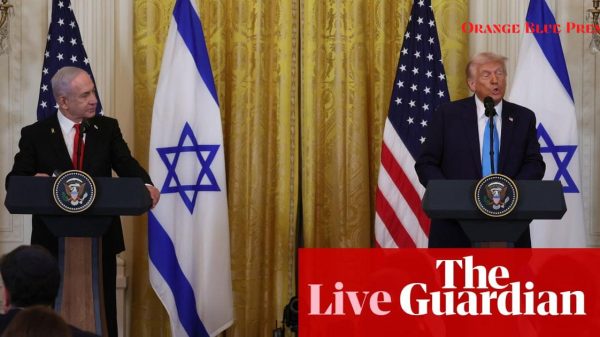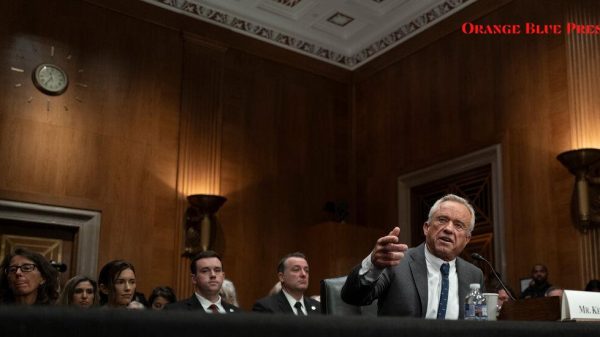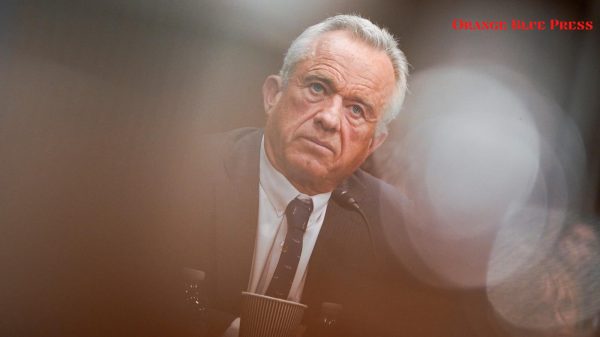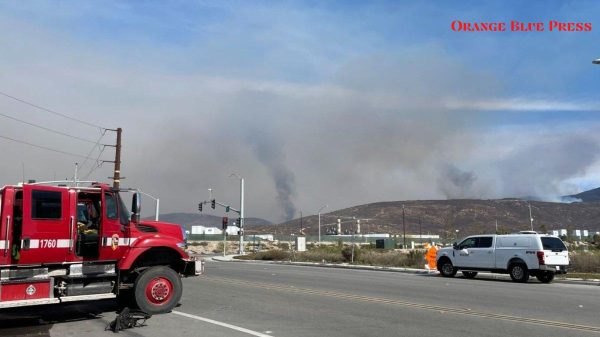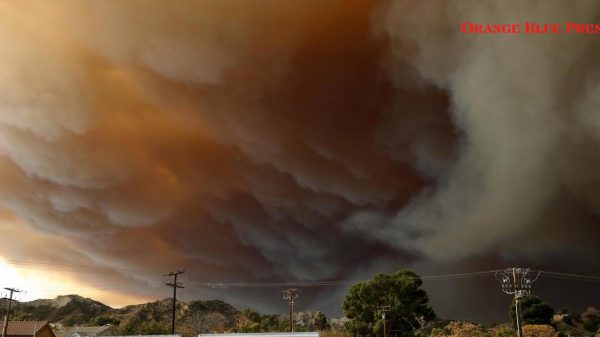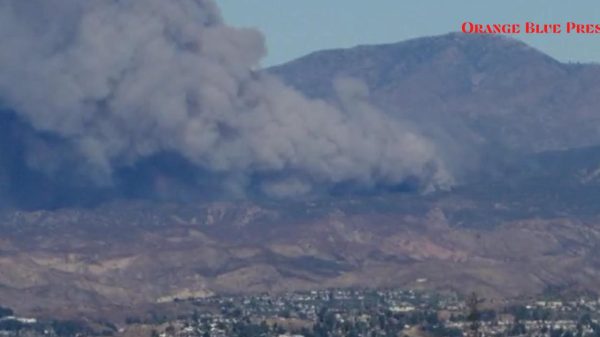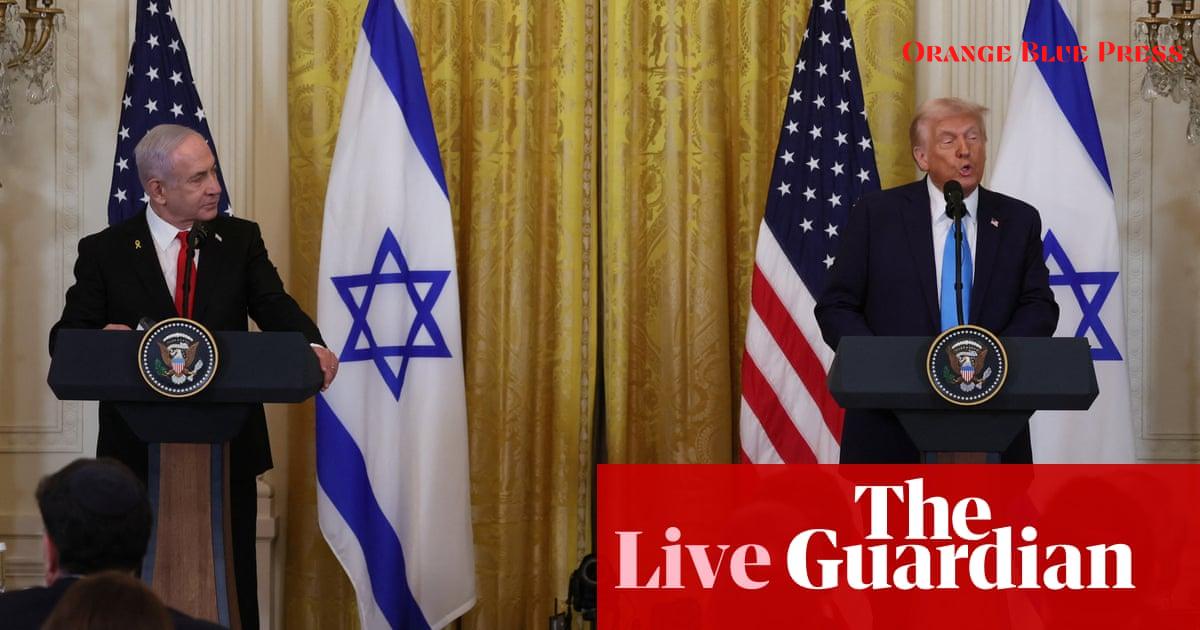In a major announcement, former U.S. President Donald Trump has proposed that the United States should take control of the Gaza Strip and relocate its Palestinian population. This bold statement during a press conference with Israeli Prime Minister Benjamin Netanyahu has sparked widespread discussion and concern, especially given the complex history of the region.
Trump’s Vision for Gaza
During a joint press conference held recently, Trump outlined his vision for Gaza, describing it as a place filled with “death and destruction”. He suggested that the U.S. would not only assume control but also engage in significant redevelopment efforts in the area. The former president characterized Gaza as a challenging environment that is currently uninhabitable for its residents. Under his plan, Trump proposes that around 2 million Palestinians should be relocated to other Middle Eastern countries, a move that has been met with swift criticism from various quarters.
- Trump described Gaza as a “hellhole” and envisioned transforming it into a “Riviera of the Middle East.”
- He expressed doubt about the feasibility of Palestinians returning to Gaza, likening it to an “unlucky” place.
- Many neighbors, including Egypt and Jordan, have reportedly rejected any suggestion of absorbing the population from Gaza.
Netanyahu’s Support
Israeli Prime Minister Netanyahu has backed Trump’s plan, calling it potentially history-changing. He sees it as an opportunity to secure Israel’s interests while dealing with Hamas, the governing body in Gaza. Netanyahu has stated that Israel’s objectives include destroying Hamas and ensuring them from future threats. The collaboration between Trump and Netanyahu highlights a strong alliance between the two leaders. However, this plan opens the door for many questions and concerns across the international community.
The Path Forward
As discussions evolve, Trump highlighted plans for a future visit to Israel, Gaza, and Saudi Arabia, which may potentially solidify his intentions and strategies further. He also mentioned that he would soon announce a position regarding Israeli sovereignty over the West Bank. The implications of such announcements could mean a significant shift in U.S. foreign policy in the region.
International Reactions
Trump’s comments have raised alarms about the possibility of ethnic cleansing, raising concerns among human rights advocates and activists. Critics argue that forcibly relocating populations can lead to severe humanitarian crises. International response has been mixed, with many neighboring countries expressing disapproval of the assumption that Palestinians can be redistributed like chess pieces on a board.
The Bigger Picture
This situation comes against the backdrop of ongoing ceasefire negotiations, making the stakes even higher for both sides. The potential impact on civilians in Gaza, many of whom have already endured significant suffering, compels observers to ask about the correct approach to peace and reparations in this protracted conflict.
| Key Factors | Details |
|---|---|
| Population Affected | Approximately 2 million Palestinians |
| Proposed Change | U.S. takeover and redevelopment of Gaza |
| Netanyahu’s Stance | Supportive, sees historical significance |
| International Concerns | Ethnic cleansing and humanitarian crisis fears |
While Trump and Netanyahu’s close relationship has produced decisive plans regarding the territory, the future remains uncertain as international communities watch and respond to the unfolding developments. Many hope for a peaceful resolution that respects the rights and dignity of the people involved rather than exacerbating tensions.










